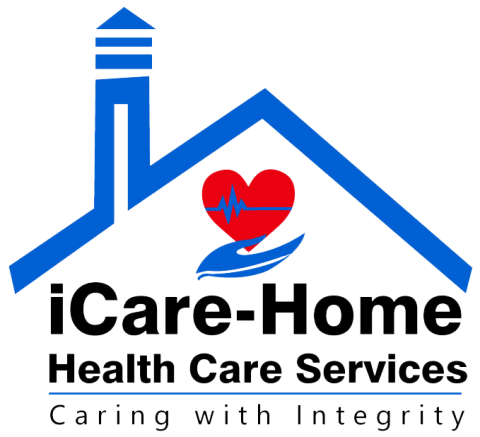It is never easy to see how aging can change our loved ones and begin to erode their independence. Fortunately, caregivers can provide support and guidance so that your family member can remain secure at home for longer. Senior care workers can assist in many ways, including the following.
- Tasks of daily living (e.g., dressing, feeding, medication reminder, mobility assistance, etc.)
- Getting groceries and prescriptions
- Helping client communicate with healthcare workers and clinics
- Non-emergency medical tasks (e.g., checking blood sugar levels, assisting with feeding tubes, etc.)
- Transportation
- Providing companionship
It is up to family members to determine when an in-home care agency is warranted, and sometimes the signs can be hard to spot. If you notice your loved one exhibiting all or some of the following symptoms, then it may be time to find a senior care service in your area.
- Driving difficulties which can manifest in several ways, including multiple accidents in a short period or repeated fender benders
- Wandering away from a secure property can be dangerous for any senior and may be a sign of dementia or cognitive decline
- Cognitive and physical issues can lead to mobility and balance problems. Multiple falls are a cause for concern
- Excessive shopping leading to spoiled food or forgetting to shop, leading to bare shelves could be an indication of cognitive issues
- Poor hygiene could be related to mobility issues or memory problems
- Inability to keep up with household chores is another indicator that something might be wrong
- Incontinence
- Forgetting to take medication or taking it too often can be life-threatening and should be taken seriously. A caregiver can remind your loved one of when to take their medications
iCare Home Health Care Services works with clients in Springfield, Virginia, and surrounding counties, including Stafford, Prince William, Fairfax, Arlington, and Loudoun. You can turn to them for support if your loved one is experiencing age-related conditions.

